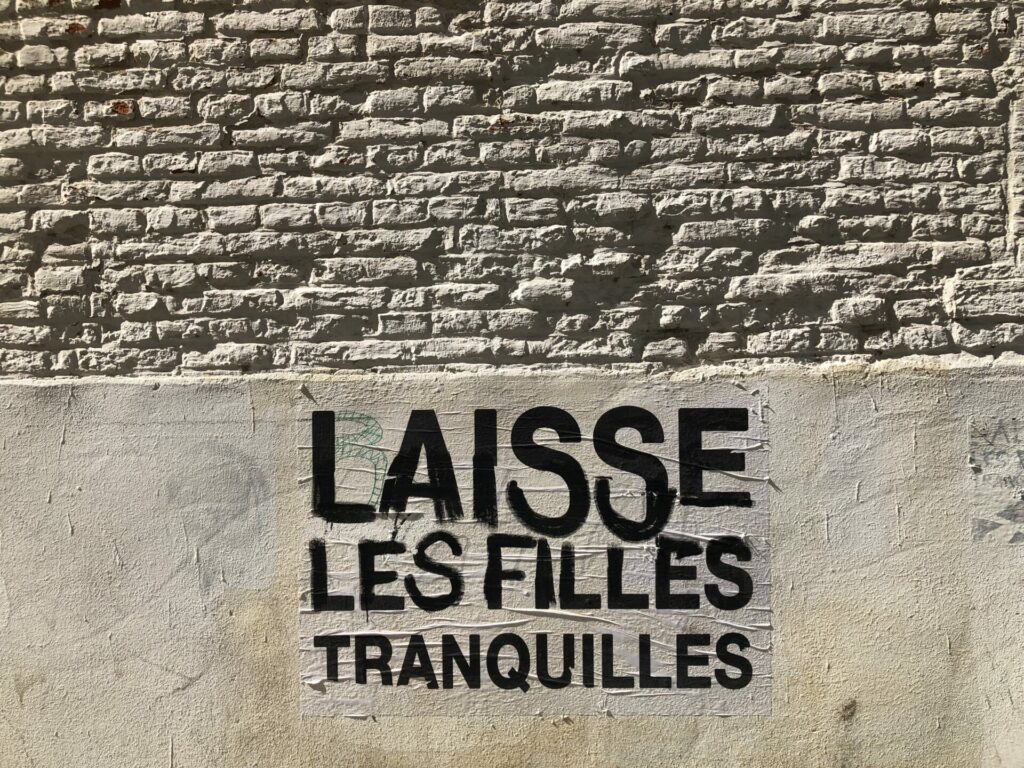As Belgium's Federal Government has made it a priority to bring its criminal code into the 21st century by radically changing the way sexual violence is addressed, online sexual harassment such as sending unwanted explicit photos will be punished more severely.
By reforming its criminal code earlier this year, Belgium updated the law, which dated back to 1867, to include online harassment, meaning that online offences – including harassment, sending unwanted explicit photos or doxxing – will now have the same penalties as offline harassment.
Previously, a perpetrator would have to send several unwanted photographs before a public prosecutor could step in.
Now, someone sending even one unwanted picture already risks a three-year prison sentence. The sentence can be raised to five years if the perpetrator knew the victim, and even to 20 years if the victim is a minor.
Related News
- Cyberbullying: One in five young people in Belgium have been victims
- Removing condom and drugging: Belgium rewrites 'patriarchal' criminal code
- Schaerbeek's #MeToo: Councillor suspended at his own request
Additionally, doxxing (publishing someone's personal details, such as their real name, address, financial and other personal information online) will also be included in the new bill. Doxxing is often done for reasons such as online shaming or extortion, and could have wide-ranging consequences such as jeopardising the victim's career.
The move mirrors EU-wide initiatives to crack down on harmful behaviour online. EU Member States, including Belgium, will be required to implement measures from the EU's Digital Services Act, which aims to make platforms safer by greater content moderation on platforms and enabling victims to more easily report illegal content.
Fighting online harassment
Six in ten women aged 15-25 have experienced online harassment, according to gender advocacy Plan International, but barriers to filing a report are often still high.
With the reform, however, filing a report online will soon be possible, which legislators hope will make it easier for victims to report their experiences.
The challenge will be following up on these reports as police will have to do more, Liesbet Stevens, Professor of sexual criminal law at KU Leuven, told De Standaard. "That means that officers working around digital crime will get a lot of extra work. Room has to be made for that, otherwise, the reformed law will remain a dead end."

